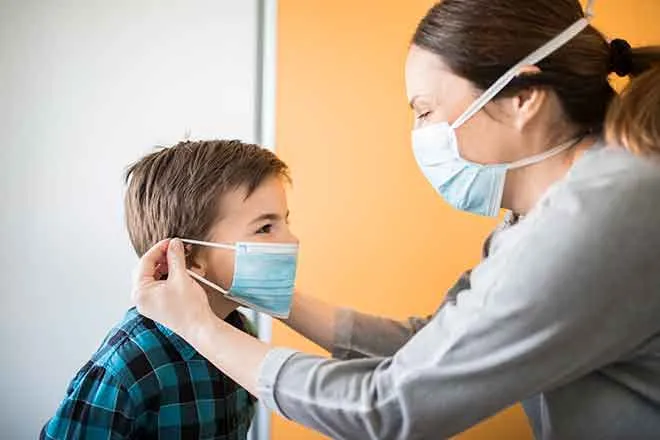
Tips for getting Colorado kids mentally prepared for new school year
Click play to listen to this article.
Going back to school can be a time of anxiety for students of all ages, and experts are reminding Colorado parents to check on kids' mental health.
In addition to first-day jitters and academic pressures, many students also face intense scrutiny by their peers on social media platforms and even cyberbullying.
Alise Marshall, spokesperson for the Colorado Youth Mental Health Corps, said it is an unprecedented time for young people.

© flickrcc - Alan Levine
"Over the last 15 years, data has shown a growing trend of issues with depression, anxiety, feelings of social isolation or loneliness," Marshall explained.
One way parents can help support kids' mental health is by sticking to routines around dinner and bedtime, and limiting screen time. To get them back on a school schedule, move to earlier wake-up times a couple of weeks before classes resume. Marshall added if kids seem to be in serious distress or talk about self-harm, call or text the 988 Suicide and Crisis Lifeline.
Dr. Nicole Brady, chief medical officer of student resources for UnitedHealthcare, said annual wellness visits are a good opportunity to evaluate and address kids’ mental health needs. She noted physical symptoms like stomach pain, headaches or changes in eating habits or sleep patterns can be signs of mental health issues.
She encouraged parents to keep an eye on kids' behaviors and moods.
"Warning symptoms that kind of span all ages are persistent sadness, avoidance of social interactions, sudden mood changes, concentration problems," Brady outlined.
If a child is behaving uncharacteristically for extended periods, Brady recommended seeking professional help. She added it is important for parents to stay engaged with their kids and to really listen to what they are saying.
"Validate their feelings, validate their emotions," Brady advised. "Sometimes just listening can go a long way, and it really tells your kids that it is safe to talk to you about their mental health so, if concerns escalate, they're more likely to come back."















